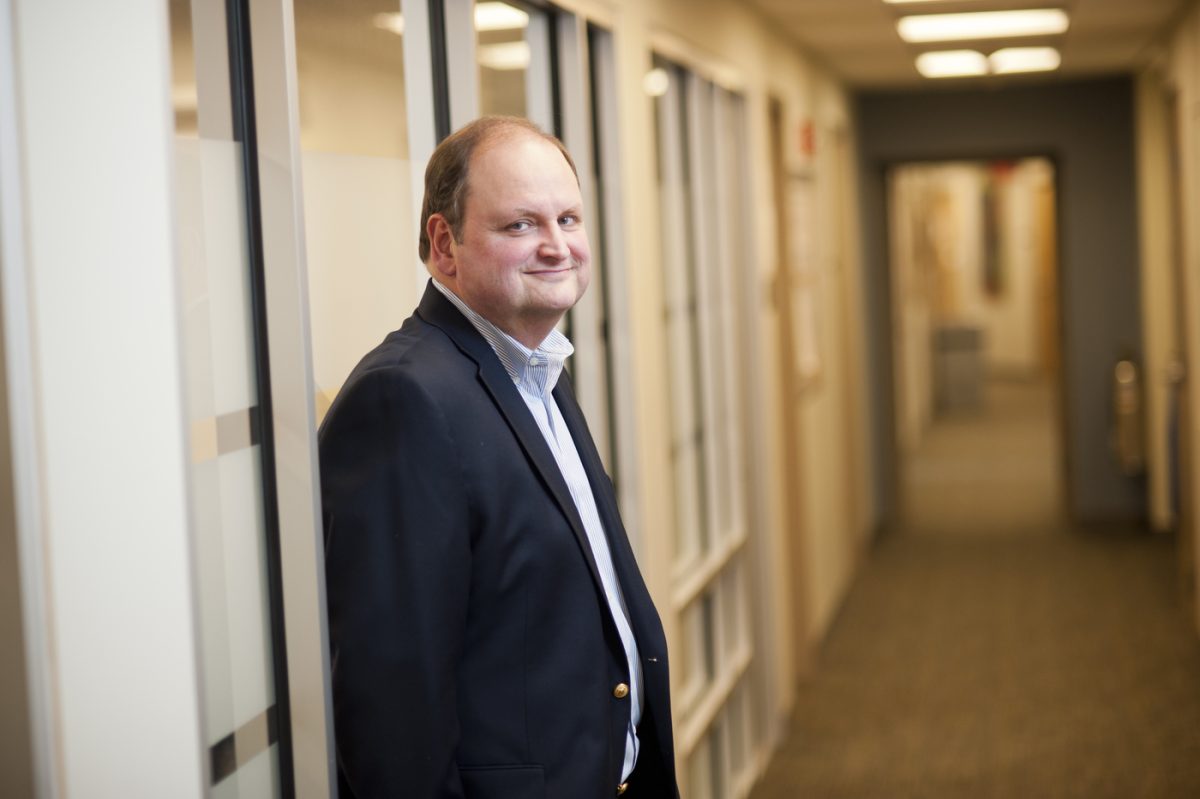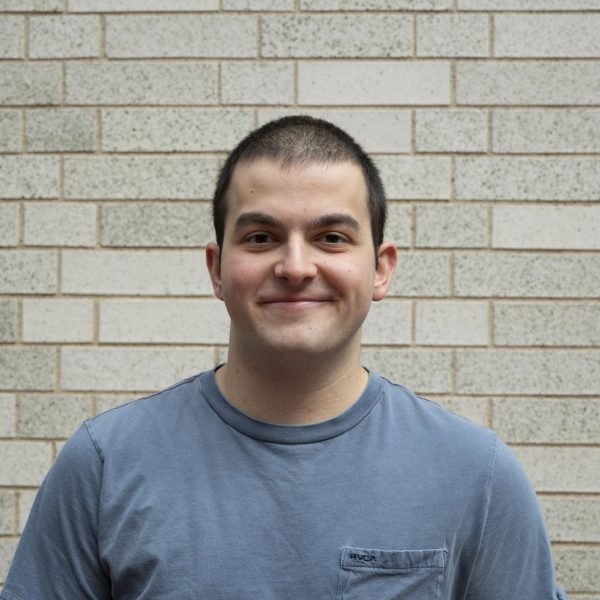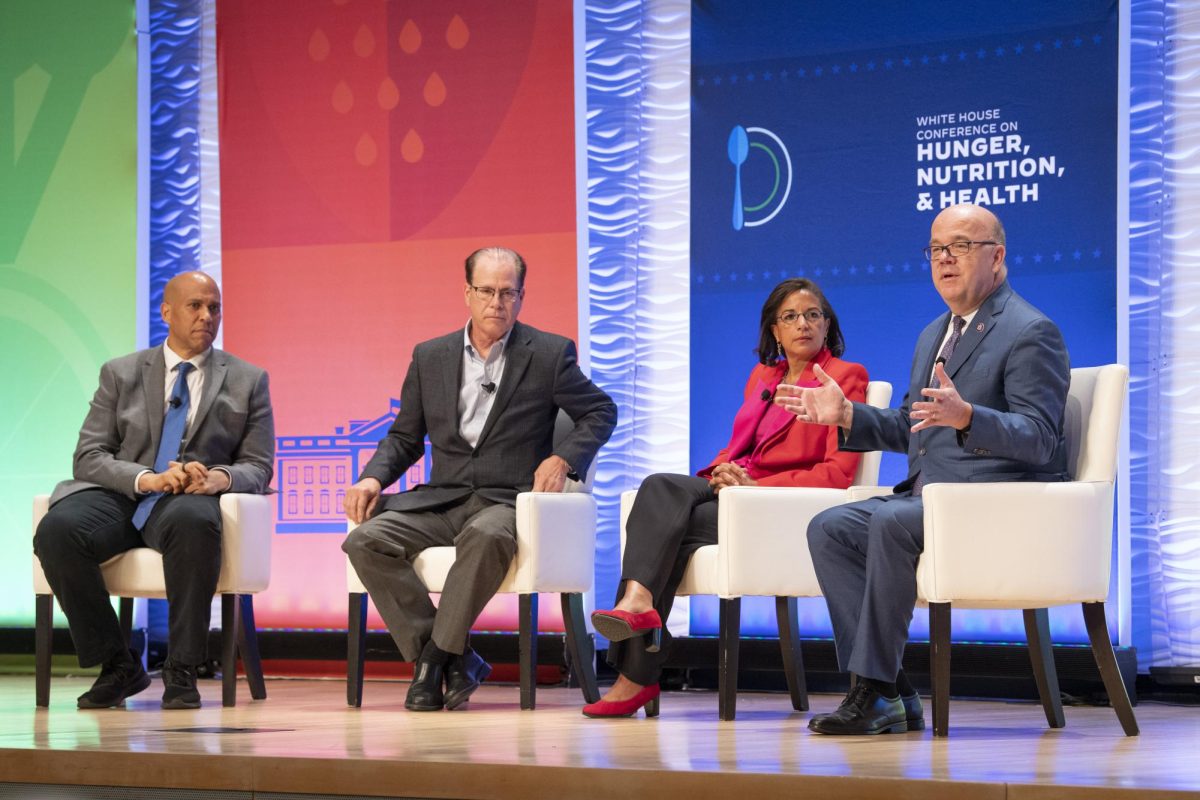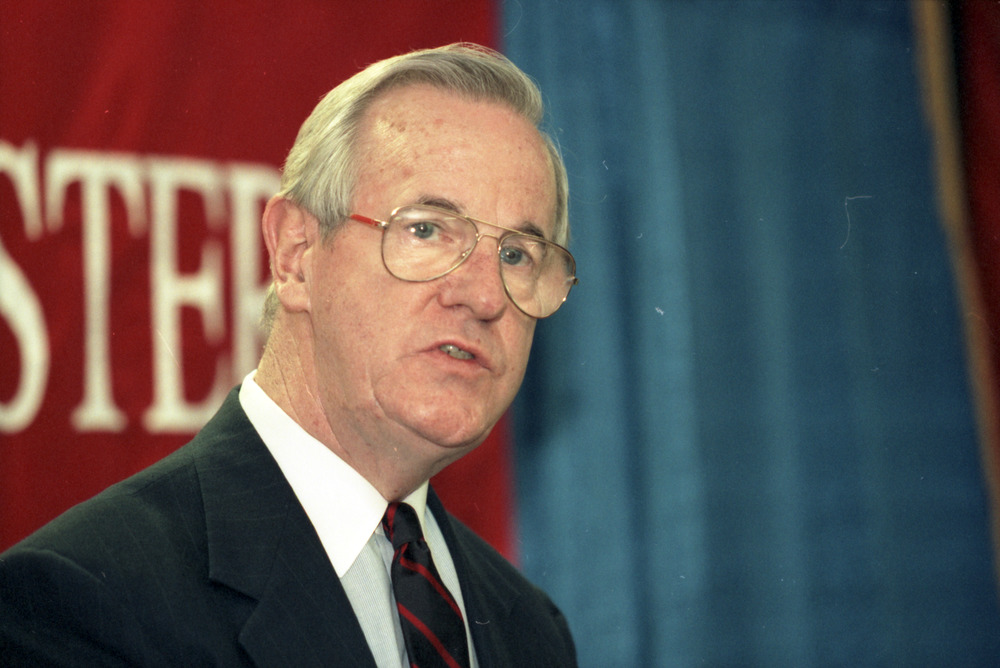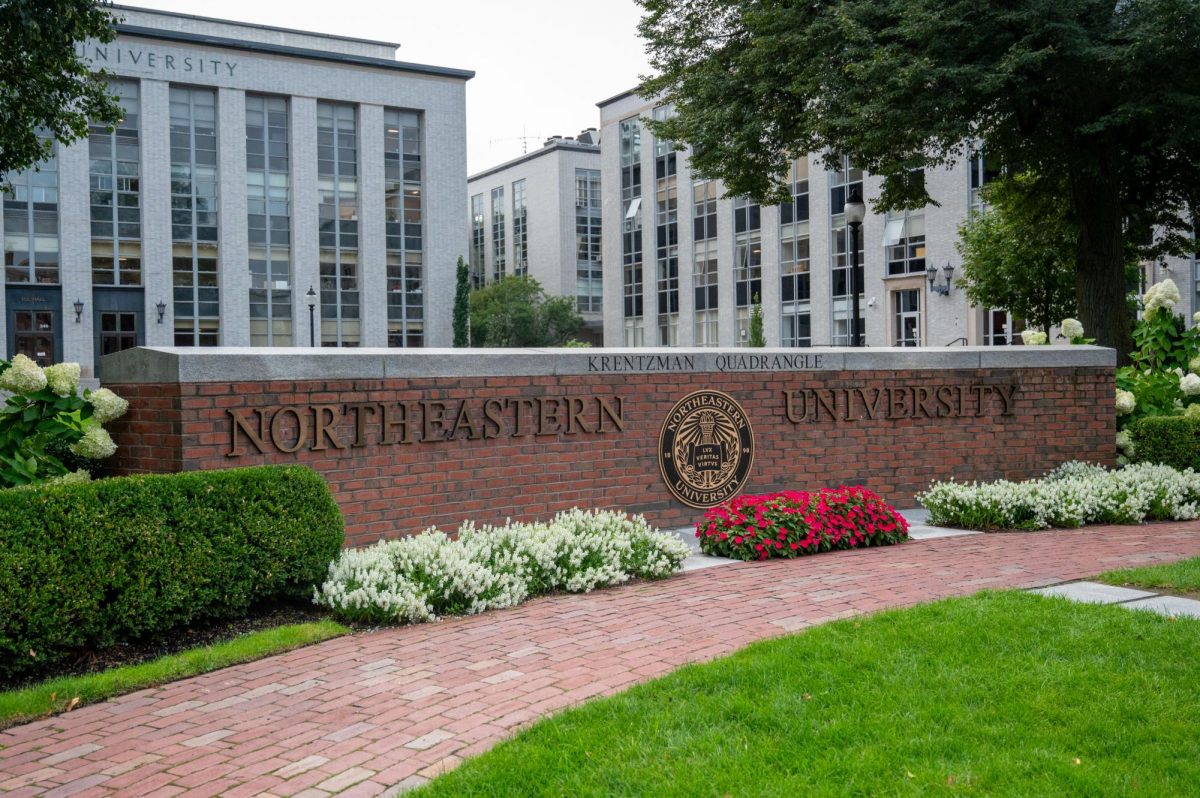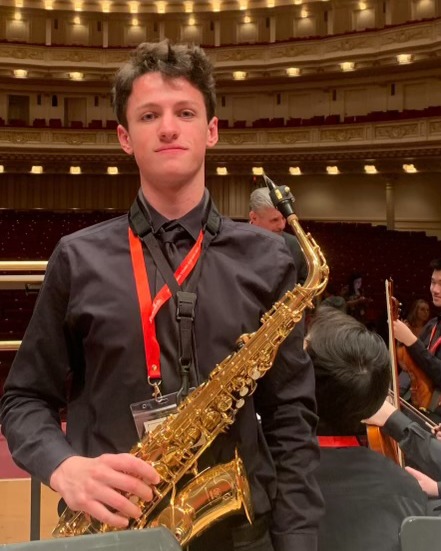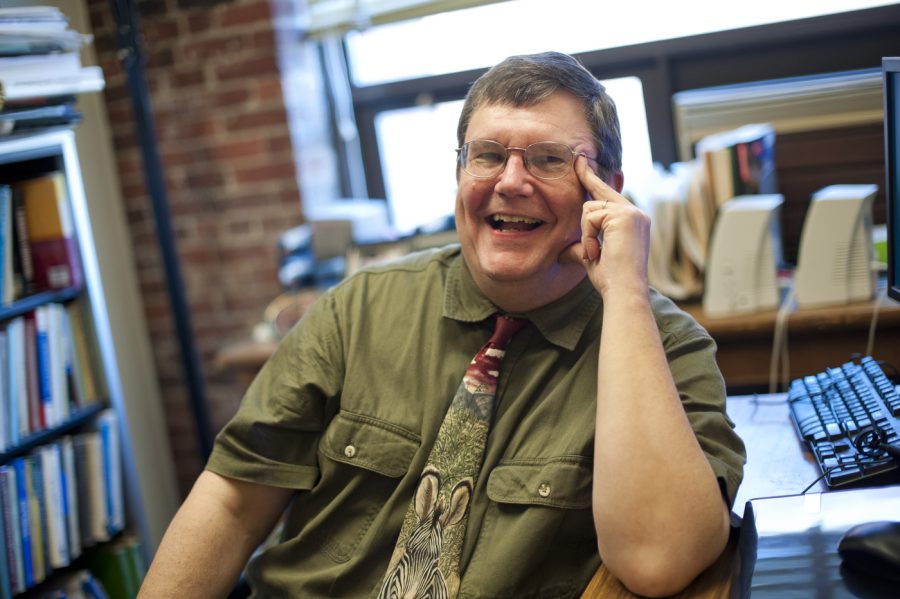Professor Dale Herbeck, a faculty member at Northeastern for over 10 years, died Oct. 26. He was 65.
According to a statement released by the College of Arts, Media and Design, or CAMD, Herbeck joined Northeastern as chair of the Communication Studies Department in 2012. After 10 years in an administrative role, he stepped down as chair to focus his efforts on teaching.
Colleagues remember Herbeck as a kind, diplomatic leader who even opted to stay in his position through the pandemic to support the faculty. Students remember Herbeck as a passionate educator who went out of his way to give support to undergraduate students. According to the statement released by CAMD, Herbeck was known to “attend undergraduate student presentations at academic conferences, supporting with a continuous thumbs up from his seat in the audience.”
Before coming to Northeastern, Herbeck, one of the nation’s experts in communication law and free speech, taught at Boston College for almost three decades, where he would eventually serve as both department chair and professor.
Sue Mello, an associate professor of communication studies at Northeastern, met Herbeck during her undergraduate years at Boston College in 2006, when he served as her senior thesis adviser. In 2014, Herbeck recruited Mello to Northeastern as a faculty member, a position she’s now held for almost a decade.
“Everyone at Northeastern knew his door was always open and that they’d be greeted with a warm smile and his full attention,” Mello said in a eulogy at Herbeck’s memorial service. “He had a beautiful way of navigating you toward your own solutions to problems.”
Before recruiting Mello, Herbeck worked at length with the department to bring in increased numbers of faculty and students and new policies to support them. He also oversaw the growth of the department to include over a dozen new courses.
“Personally, I’m forever grateful for the maternity leave package he negotiated on my behalf when I gave birth to my first child eight years ago,” Mello said. “Years later, what Dale advocated for is now institutionalized as university policy.”
Alan Zaremba, an associate professor in the communication studies department, was working in the dean’s office when Herbeck applied for the job as chair.
“I heard his talk when he was an applicant for the job, which reflected a passion,” Zaremba said. “The talk also revealed that he had a tremendous depth of knowledge that he was able to communicate effortlessly.”
Besides his expertise, Herbeck was well respected for his ability to lead and bring positivity into the department.
“He modeled a way to live, a way to lead, a way to be a professor,” Zaremba said. “He didn’t say ‘Follow me,’ but it kind of felt like, if you followed him, you’d be making a positive contribution. In his wake was a message: ‘You can do this too. You can have a positive effect.’”
Professor Maria Elena Villar, who took over as department chair when Herbeck returned to teaching full-time, echoed this sentiment.
“What I hear most is [about] his kindness,” Villar said. “He really valued the humanity of faculty and students. He really was an advocate for other people’s success.”
Because of his extensive knowledge in the field, Herbeck’s return to teaching saw him cover courses related to freedom of speech, communication law and communication ethics.
“He was recognized as a top leader in everything that had to do with communication law,” Villar said. “That was really what gave him joy: the teaching.”
Last fall, Emma MacDonald, a third-year communication studies and business administration combined major, took Communication Law, Herbeck’s signature course. This was a class that he taught with his own textbook, “Freedom of Speech in the United States,” which he had produced eight editions of since 1985.
“Whenever I think of communication law, I think of him. He knew everything there was to know about the subject,” MacDonald said. “I don’t think I would associate a professor with any subject the way I think of him and communication law.”
Herbeck would often point out areas in the course that had evolved over the years based on student feedback and shifting curriculum.
“He really did want all of his students to succeed,” MacDonald said. “He’s one of the professors who makes me proud to be a communications major.”
Herbeck earned recognition several times from organizations such as the National Communication Association, the American Forensic Association and the Commission on Freedom of Expression. In 2006, the National Communication Association bestowed Herbeck the Franklyn S. Haiman Award for Distinguished Scholarship on Freedom of Expression, the highest accolade in the field.
“Dale was an innovative administrator who was sensitive to his community’s needs,” Mello said. “He showed us all what it felt like to have an advocate, a mentor and a friend all in one.”
According to an obituary published in the Boston Globe, Herbeck grew up outside Dayton, Ohio before attending Augustana College in Rock Island, Illinois. He then went on to earn his Ph.D. in communication studies from the University of Iowa. He lived in Medfield for over 25 years with his family.
Herbeck is survived by his wife, Edie; his stepson, Brett; his parents, Delbert and Virginia; his brother, James and his wife, Susan; and their child, Sofie.
A book of condolences was placed in the CAMD dean’s office this past week for students to leave their messages and sentiments to celebrate Herbeck’s time at Northeastern. The book has been sent to his wife.
In lieu of flowers, his family asks that donations be made in Herbeck’s name to Heifer International or the National Prison Debate League.



